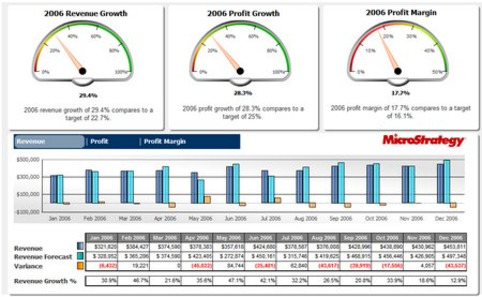Giving physicians more say in how to incorporate technology into their work is good for patients, and the field.
If you want to discourage a worker, subject them to policies and procedures that don’t make sense. This principle was first described by Frederick Herzberg, an American psychologist who developed one of the most widely studied theories of workplace motivation. Unfortunately, Herzberg’s principle is being widely applied today in medicine. Changes in healthcare payment systems, the use of information technology, and the doctor-patient relationship have left many doctors deeply discouraged.
...
It is easy for many healthcare leaders to forget that doctors go into medicine not because they enjoy entering data into complex electronic health records and ensuring that their employer gets paid for everything they do, but because they want to make good diagnoses, prescribe appropriate treatments, and help patients.
...
What can be done? Weygandt argues that doctors need to play a more active role in all aspects of healthcare’s future, not just implementing but also designing it. Too often, such decisions are currently being made by people who do not take care of patients, and in many cases, have never cared for patients.
“Every innovation should be tested not just to see if it increases revenue or cuts costs,” he says, “but also to ensure that it enhances the doctor-patient relationship.”
Everyone involved in contemporary healthcare—patients, doctors, nurses, hospital administrators, payers, and politicians—needs to recognize the importance of preserving and promoting medical professionalism. Good medical care is an art as well as a science, and the professionalism of doctors is at its core. “Doctors should be encouraged to think first not of their own incomes but the needs of their patients, and that means designing systems that keep the patient front and center.”
...
New technology can do a better job of helping doctors practice better medicine.... But change isn’t easy. ...
As Frederick Herzberg would put it, “If we want doctors to do better work, we need to give them better work to do.” Medicine practiced well—in such a way that it really makes a difference in the lives of patients, families, and communities—is a great deal more fulfilling than medicine practiced poorly. If doctors are to enjoy the opportunity to make such a difference, they must cease to be the tools of their tools, and instead become their designers.



 Your new post is loading...
Your new post is loading...









The blog does describe neatly the optimal and ideal relationship between engineers and doctors. I would say co-creation of technology by all stakeholders would be the norm. Next to doctors I would also prompt to involve patients into it. Often I have witnessed simple issues that make the difference to them.